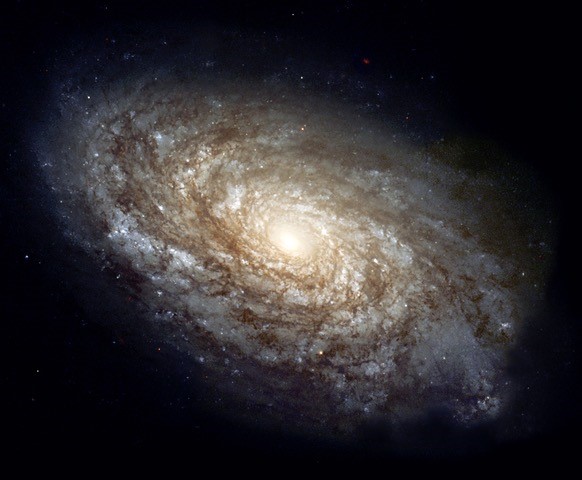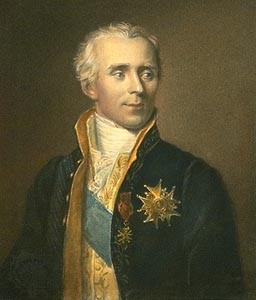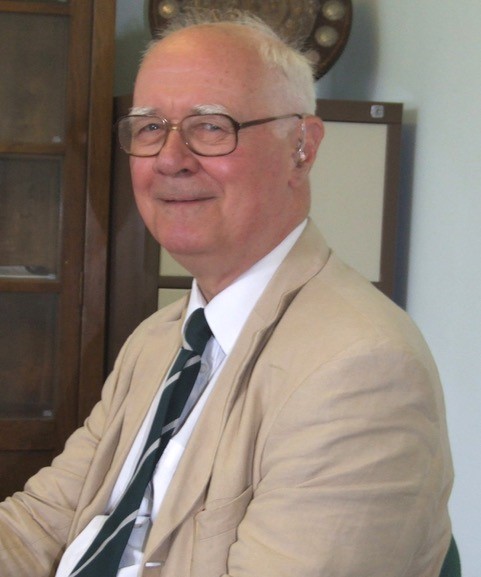Starting to think

I have been a Christian all my life, or at least since I was baptised at the age of 8. I am used to swimming in a Christian sea, even though my mother was a.Quaker Anglican and my father an agnostic Jew but were both very tolerant people That is why I was taken aback when a family member launched a vigorous attack on the very notion of God with me as the target.
I did bring it on myself. I got fascinated by the development of AI, and I knew he was interested in technology. So I made the faux pas of showing the editorial of ‘Premier Christianity’, with the reveal at the end that it was entirely written by AI. But for him it was a red rag to a bull, and he launched in on me, demanding that I give a proper and satisfying definition of God. I was tongue-tied and definitely lost the debate.
Not that I had nothing to say, but I had nothing that would make sense outside a Christian framework, which was the whole point of the challenge. So it made me think.
Back to First Principles
Christian culture is full of claims that make no sense at all in a modern world view. Here are some instances:
- The universe was created by a Creator God. And yet science has shown that the universe is about 13.7 billion years old – shown by the light from far off galaxies being at the red end of the spectrum.
- The Bible is full of incredible miracles, in other words you can’t believe them. As Gershwin’s song put it, ‘It ain’t necessarily so.’
- If someone says, I have had an experience of God, subjective assertions are simply that. Like good wine, they don’t travel. A subjective experience is only valid for the person who had it.
So what could I have said to my family member that would have any meaning, or which he could accept as a reasonable viewpoint even if he did not share it?
The Universe
Our common ground is the universe. We both know
that the universe is vast, with trillions of galaxies. The
best guess of science is currently that it arose out of
nothing, ‘the Big Bang’, and is 13.7 billion years old.
This replaced an earlier theory of an oscillating universe
going on for ever.
The second common ground is that we can uncover more and more of its details. Professor Brian Cox, in a recent BBC series, finds it amazing that one tiny part of the universe, i.e. us, can discover such incredible details of time and space and matter.

Two approaches
It seems to me that there are two fundamental approaches to this strange state of affairs. Either:
1. the universe is entirely random; or
2. within all the processes of the universe there is a creative force at work, creating increasingly complex phenomena.
A Random Universe?
There is nothing self-contradictory in believing that the universe is the product of entirely random events. Darwin’s theory of evolution was based on the random nature of genetic changes and the theory of survival of the fittest was the mechanism he applied to make sense of the natural world.
The Cosmic Clockmaker?
A traditional Christian answer, at least for the last three hundred years, has been to say that there must have been a creator God who designed the whole set-up and then let it run on according to its own laws. And/or that God is constantly tweaking it from the outside so that it runs better.

The problem with that was the famous response of the agnostic French mathematician Laplace made to Napoleon in 1797.
Napoleon: “You have written this huge book on the system of the world without once mentioning the author of the universe.”
Laplace: “Sire, I had no need of that hypothesis.”
If it does not help to explain anything, it is simply an unprovable assertion.
And yet
And yet within the history of the universe there seems to be a tendency which runs counter to the second law of thermodynamics. The latter states that everything is undergoes the process of moving from order to disorder, from anything to nothing (the heat death of the universe) and that this movement is irreversible in a closed system. Is the universe a closed system?
Yet we are ourselves a refutation – possibly temporary, but nevertheless a refutation. We are part of the movement within the universe towards greater complexity. The theoretical physicist and mathematician Freeman Dyson wrote, “The more I examine the universe and the details of its architecture, the more evidence I find that the universe in some sense must have known we were coming.”
Bill Wilson, writing in ‘Alcoholics Anonymous’, describes his belief system before his deliverance from alcoholism.
“I had always believed in a Power greater than myself. I had often pondered these things…. My intellectual heroes, the chemists, the astronomers, even the evolutionists, suggested vast laws and forces at work. Despite contrary indications, I had little doubt that a mighty purpose and rhythm underlay all… I simply had to believe in a Spirit of the Universe, who knew neither time nor limitation. But that was as far as I had gone.”
Some problems arise from the big story, i.e. why does the universe exist at all? John Polkinghorne FRS, theoretical physicist and vicar said that for the universe to exist the twin forces of gravity and of centrifugal force created at the Big Bang had to be incredibly finely tuned; so finely that the chance of it happening would be like taking a postage stamp, putting it the other end of our galaxy, taking aim with a rifle and hitting it. He suggested there is a wide consensus amongst physicists that either there are a very large number of other universes in the Multiverse (as in the film ‘Everything Everywhere All at Once’) or that “there is just one universe which is the way it is … because it is the expression of the purposive design of a Creator, who has endowed it with the finely tuned potentiality for life.”
(Polkinghorne 1998, ‘Science and Theology’ p.75).

Infinite
The classic way that religious people talk about God is as if God were infinitely big and guiding the universe from outside. But the term infinite means that ‘God’ has no scale. He/she/it is both infinitely big (e.g. the universe) and infinitely small (e.g. quantum particles). This surely means that the place we are most likely to encounter some inkling of this ‘spiritual’ dimension is within ourselves, whatever stories we subsequently use to express it. We may be wrong to believe this, but it is not illogical.
So
So – what do you think? Email me at aoroland@gmail.com
